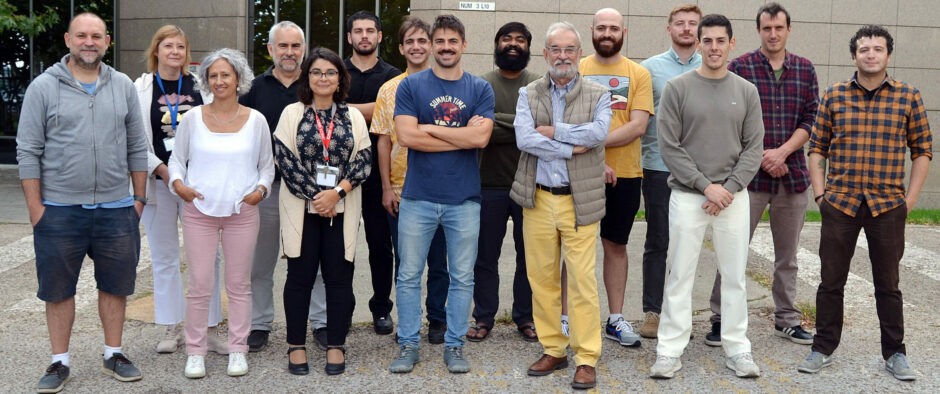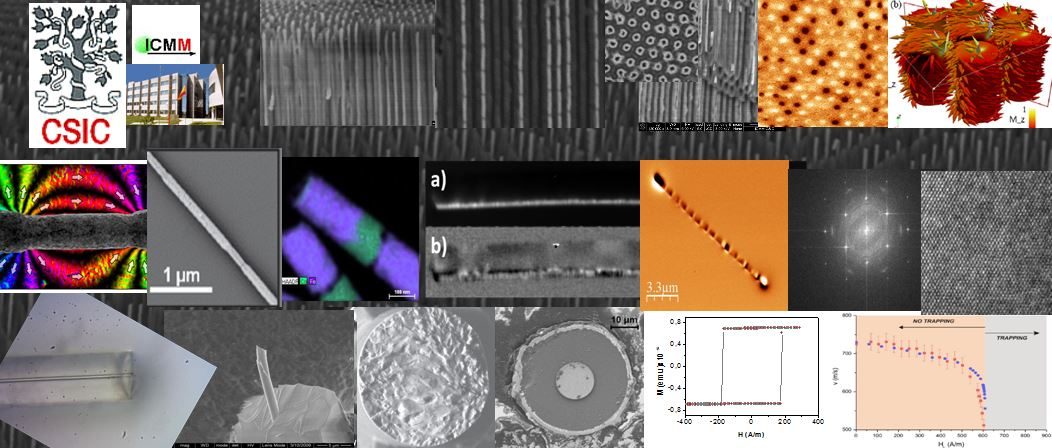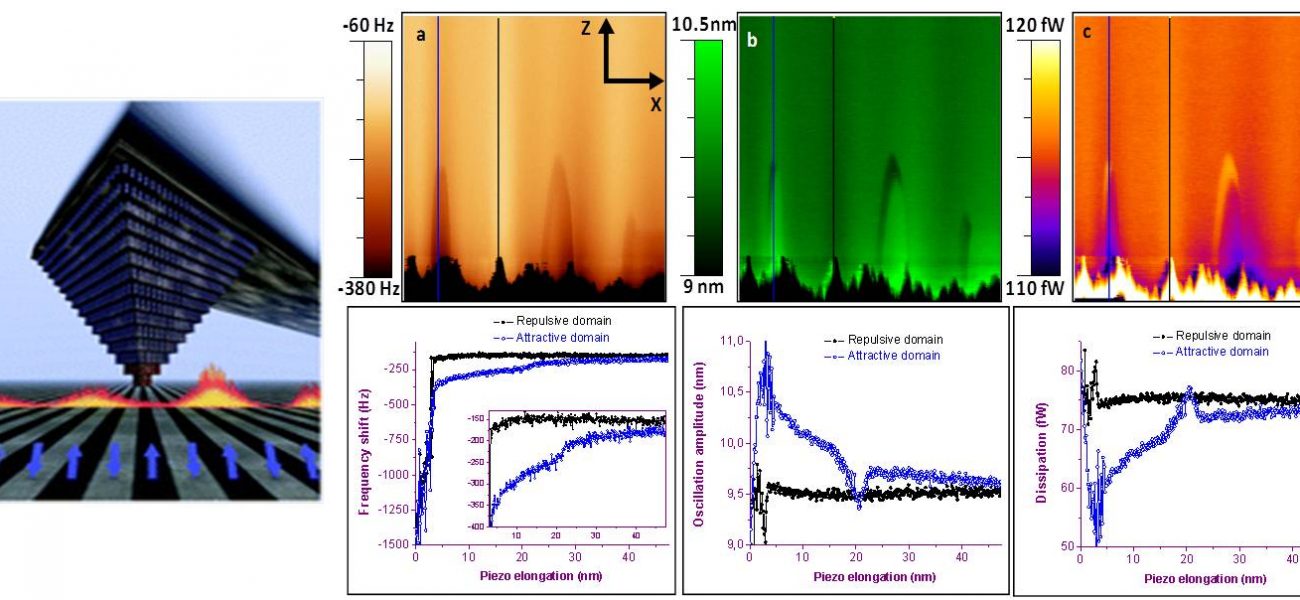PROJECT TITLE: Advanced Functional Nanomaterials for Presice Cancer Diagnosis
MAIN RESEARCHER: David Navas
REFERENCE: PCI2023-143411
FUNDED BY: Proyectos de Colaboración International 2023 from the Agencia Estatal de Investigación (AEI)
SINCE: Oct 2023 TO: Sept 2026
BUDGET: 73.581
ABSTRACT: NanoCANdi addresses one of the most critical Societal Challenges identified in the European H2020 framework programme: “Health, Demographic change and Wellbeing”, and recently incorporated in the framework Horizon Europe as the Cancer Mission. The EU has defined a specific Mission to fight against cancer due to its tremendous impact on society. NanoCANdi contributes to this objective by developing ground-breaking technology for the early-stage detection of skin cancer, avoiding further metastases, and allowing monitoring of treatments and relapses. The project designs and produces new functional materials and spintronic sensors to validate a hi-tech point-of-care (POC) device for the detection of cancer biomarkers in preclinical conditions. It makes use of Key Enabling Technologies to fabricate magnetic nanodisks with special spin configurations, develops specific aptamers for biomarker recognition, and benchmarks the biosensor performance with simulated and clinical samples of skin patient’s serum. The final end is an easy handling POC device with better sensitivity and selectivity of cancer bio-recognition elements.
Expected results will impact both scientific knowledge and technological progress. From a scientific point of view, this project: i) develops a simulation tool to optimize designs of both nanomagnet-based biosensors accordingly to the size, geometry, and magnetic properties of nanomagnets; ii) provides a comprehensive understanding on the spin configuration of large magnetic moment nanodisks for two suitable structures: vortex state and asymmetric synthetic antiferromagnets. This is a valuable knowledge for the application of these material not only in biosensing, but also in medical applications such as magneto-stimulation based therapies, tissue engineering, and diagnosis methods based on circulating tumour cells; and iii) isolates and immobilizes on sensor components new aptamers highly specific for the melanoma detection. The technology advance comes from the production of a novel biochip platform: i) the explicit design of giant magnetoresistance (GMR) biosensors for nanodisks geometries to optimize the signal to noise ratio and improved detection limit; ii) the hybrid integration of the GMR sensor, the electronics readout and the microfluidics in a single chip, which was never done for these devices, and iii) the innovative selection method to discover aptamers with high affinity and selectivity in a complex medium.
The project identifies several high-tech elements with great potential for further exploitation and commercialization: i) new functional nanomagnets with outstanding performance for novel biomedical applications; ii) the selection process of aptamers to detect dermcidin (skin cancer biomarker), which could be patented or licensed to a biotechnological company; and iii) a pioneering biochip with integrated components at wafer level production.
As consequence, the project foresees the development of advanced functional materials and devices for an early-stage cancer diagnostic, validates the technology using pre-clinical samples, and explores unique components for the next-generation of biosensing technologies that offer better selectivity, sensitivity, stability, and lower cost of production than current clinical instruments. Consequently, the project starts at TRL 2 and finishes at TRL 5 validating the technology in a laboratory environment.


